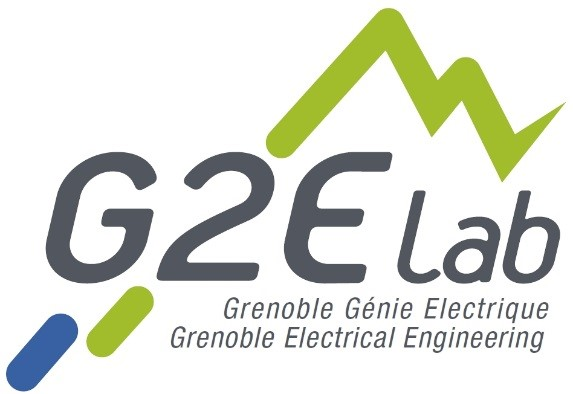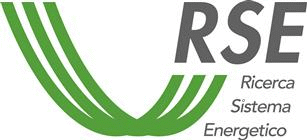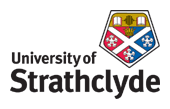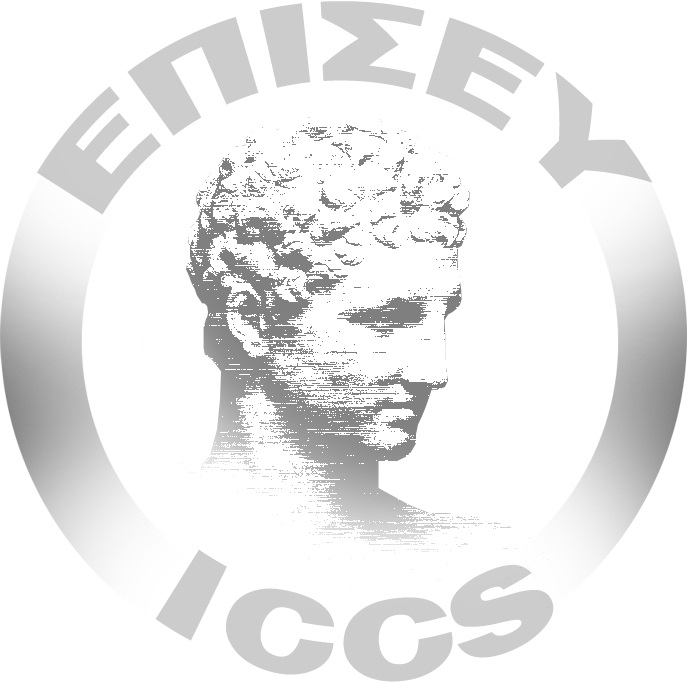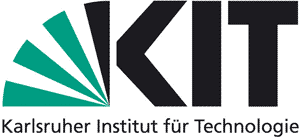The University of Manchester is the largest single-site university in the UK, offering students a greater choice of degree programmes and options, along with excellent facilities and student support services. The Electrical Energy and Power Systems (EEPS) group at the School of Electrical and Electronic Engineering is at the forefront of research and teaching in the field of electric power engineering in the United Kingdom and internationally with its 10 permanent academic members of staff and its 30+ researchers. EEPS People are in constant contact with industry and at the vanguard of the research trends in electric power engineering. As the home to the National Grid High Voltage Research Centre, the EEPS group is very strong in many aspects of high voltage engineering. Particular areas of competency include transformer insulation and monitoring, polymeric insulation and power system transients.
The University of Manchester – School of Electrical and Electronic Engineering



